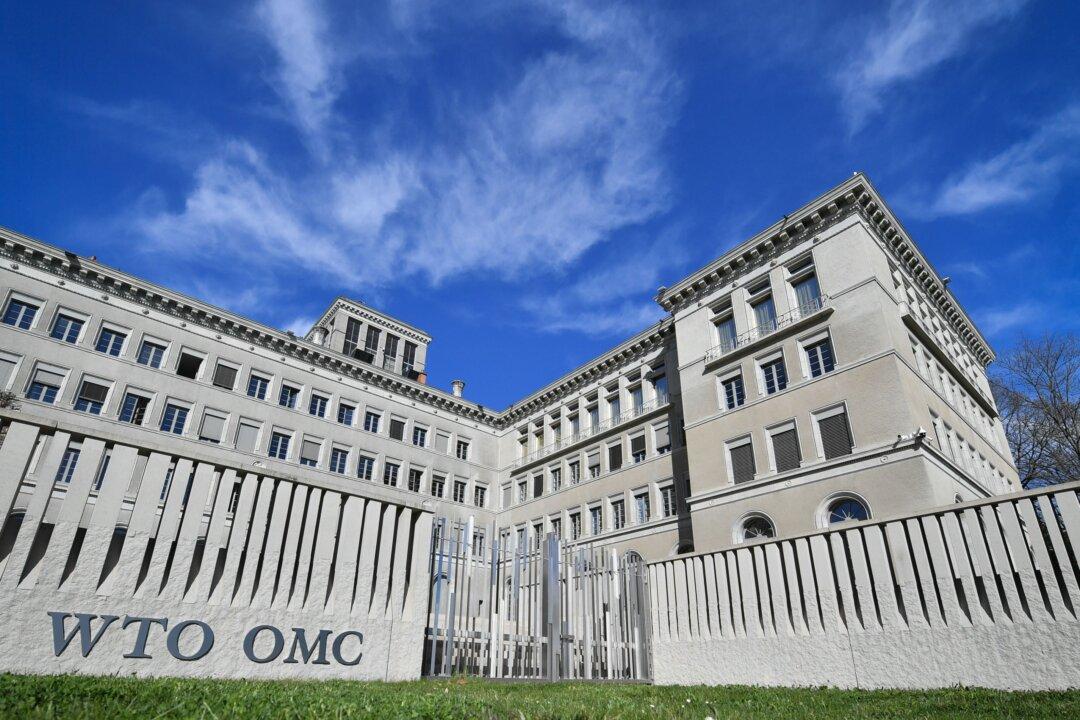The European Union (EU) has formally filed a complaint with the World Trade Organization (WTO) over the Chinese regime’s decision to initiate an anti-subsidy probe into dairy products shipped from the bloc.
The EU’s executive arm, the European Commission, made the announcement on Sept. 23, and it is the first time that the bloc has challenged an investigation at its initiation stage.




